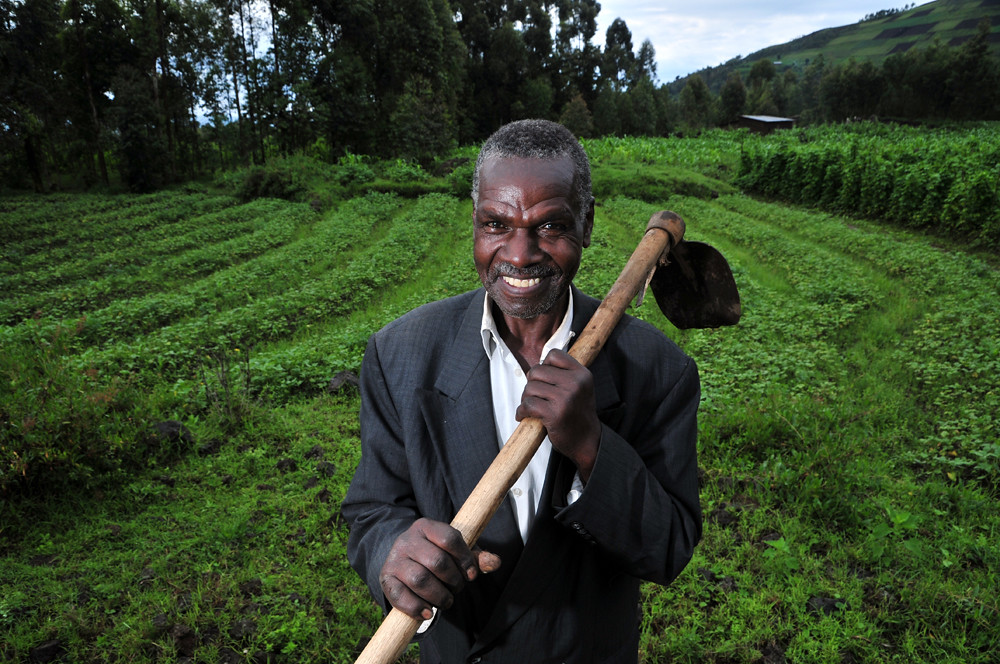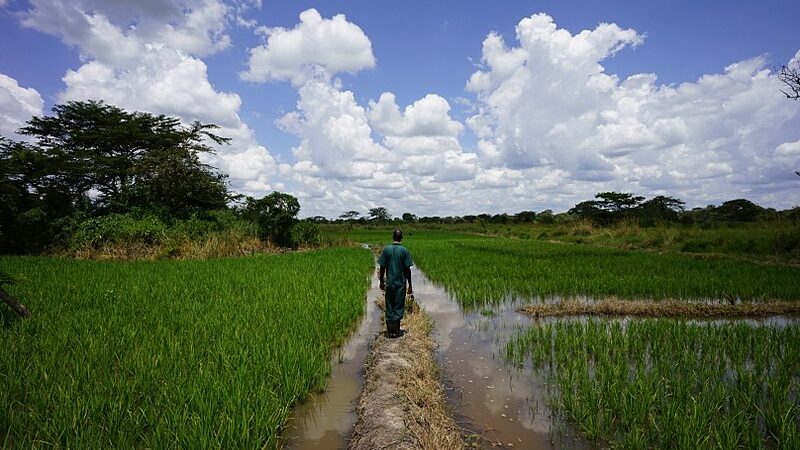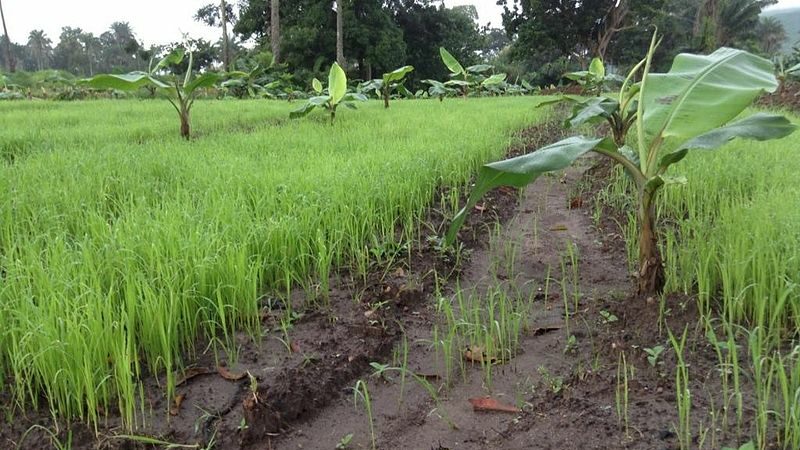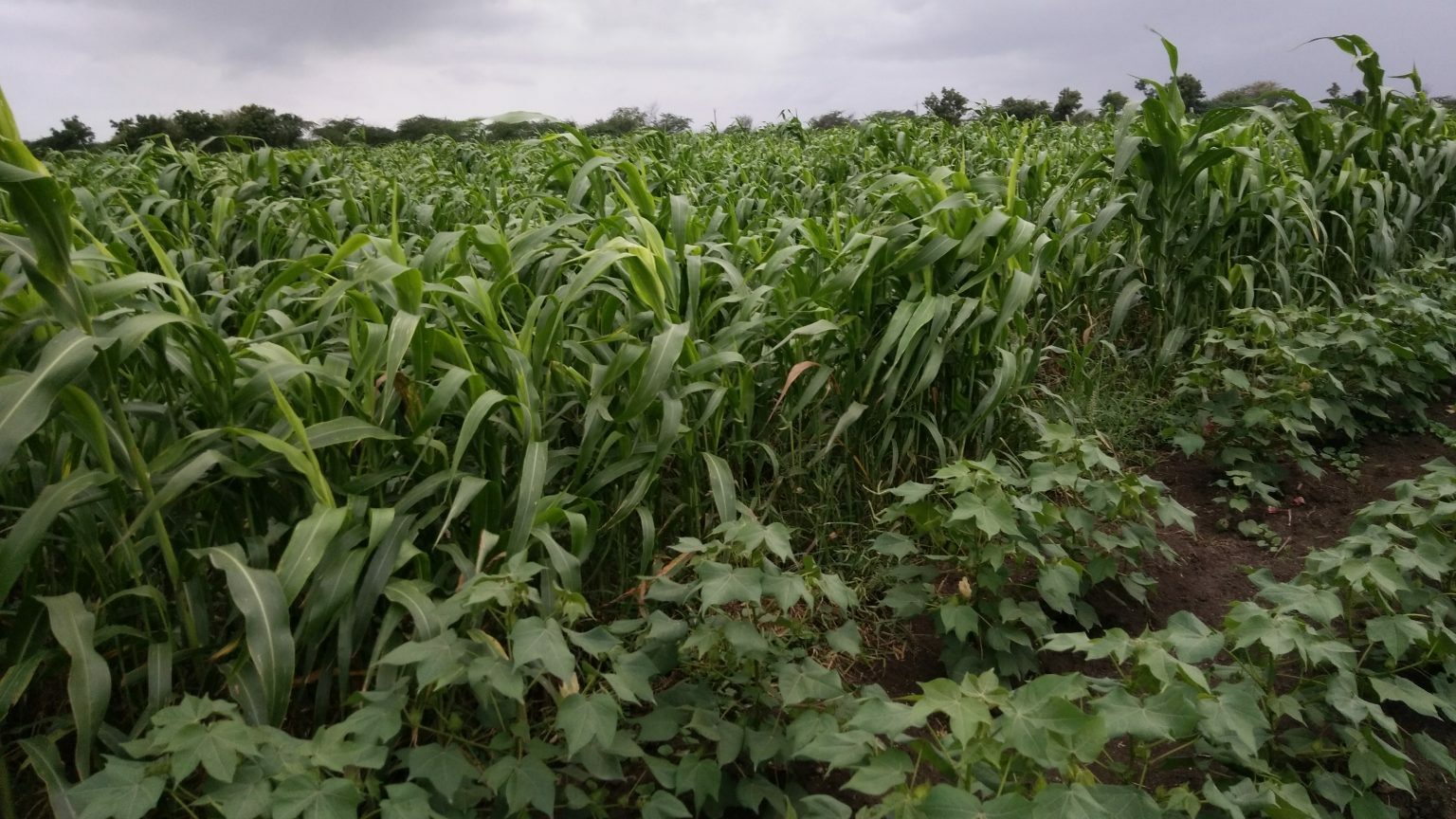
 Rapa FM Pader
Rapa FM Pader

 Rapa FM Pader
Rapa FM Pader
7 July 2024, 11:09
By Lakomekec Kinyera

Soil conservation is pivotal for safeguarding environmental health and ensuring sustainable agricultural productivity. Expert insights and farmer experiences underscore the critical importance of soil conservation practices.
In response to escalating environmental challenges and the ever growing demand for food, soil conservation has emerged as an essential practice to safeguard environmental health and ensure sustainable agricultural productivity. Our in depth interviews with environmental experts and local farmers provide valuable insights into the critical importance of soil conservation in today’s agricultural landscape.
Ronald Ssali, a renowned environmental expert, emphasises the foundational role of soil in our food system. “Soil is the bedrock of our food security. Without healthy soil, we cannot achieve robust crop yields,” he asserts. Ssali advocates for several key soil conservation practices.
“Contour ploughing, where farmers plough along the natural contours of the land, helps reduce soil erosion caused by water runoff,” Ssali explains. He also highlights the importance of cover cropping, where non harvested crops are grown primarily to protect and enrich the soil. “Cover crops not only prevent erosion but also improve soil structure and increase nutrient content,” he adds.
Additionally, Ssali stresses the benefits of crop rotation and agroforestry. “Rotating crops helps maintain soil fertility and reduces the buildup of pests and diseases, while integrating trees and shrubs into farmland through agroforestry stabilises the soil, regulates water cycles, and provides habitats for wildlife,” he elaborates.
Ronald Ssali emphasises that implementing these soil conservation techniques leads to improved soil health, better crop yields, and enhanced resilience to climate change, benefiting both the environment and farmers alike.

Mr Daniel Okello, an environmental science expert from a prominent NGO, elaborates on the severe consequences of neglecting soil conservation practices. “Failure to prioritise soil conservation can result in significant issues such as soil erosion, depletion of nutrients essential for plant growth, and loss of soil structure,” Okello warns.
He emphasises that these issues not only reduce agricultural productivity, exacerbating food insecurity and poverty, but also have broader environmental impacts. “Eroded soil often ends up in water bodies, carrying harmful pesticides and fertilisers that pollute aquatic ecosystems,” the expert explains.
Furthermore, degraded soil diminishes plant growth and disrupts the entire ecosystems, contributing to biodiversity loss. “Healthy soils play a crucial role in carbon sequestration, helping mitigate climate change impacts. In contrast, degraded soils release stored carbon dioxide into the atmosphere,” he adds.
The expert emphasises the importance of educating and supporting farmers in adopting sustainable soil conservation practices. “Providing farmers with the knowledge and resources needed to implement these practices is essential for ensuring the long term health of our soils and the sustainability of our agricultural systems,” he concludes.

Byaruhanga Nelson, an environmental science graduate from Gulu University, outlines the diverse benefits of maintaining healthy soil ecosystems. “Healthy soil serves as a foundation for thriving ecosystems. It supports robust plant growth, regulates water flow, and acts as a natural filter for pollutants,” Nelson explains. He highlights several key benefits of preserving good soil health.
“Firstly, healthy soil is essential for enhancing crop production by providing necessary nutrients and water to plants,” Nelson states. “Secondly, soil conservation practices contribute to vital ecosystem services such as carbon sequestration, which helps mitigate climate change, and water purification, crucial for maintaining clean water sources,” he continues.
Nelson also emphasises the economic benefits of soil conservation. “By reducing the need for chemical fertilisers and pesticides, maintaining healthy soil lowers input costs for farmers, increasing profitability,” he notes. Additionally, sustainable farming practices that prioritise soil health can open new markets for eco certified agricultural products.
Ultimately, soil conservation is not just an environmental imperative but also a socio economic necessity. “By investing in soil health, we are investing in a sustainable future for agriculture and our planet,” Nelson said.

Okot Emmanuel, a farmer from Kigwe village, Pakeyo parish in Ajan subcounty, Pader district, shares his personal journey with soil conservation practices. “When I first started farming, I did not fully appreciate the importance of soil conservation. I used to plough my fields without considering the long term consequences,” Emmanuel recalls.
This approach led to soil erosion and poor crop yields, impacting his livelihood. “The yields were low, and I struggled to make ends meet,” he admits. However, Emmanuel’s perspective changed after attending a workshop on sustainable farming practices.
“I learned about cover cropping, where I plant crops like legumes during off seasons to protect and enrich the soil,” Emmanuel explains. He also adopted crop rotation techniques and built terraces to prevent soil erosion. “Implementing these practices significantly improved my soil quality. My fields now retain more moisture during dry spells, and my crop yields have increased,” he proudly shares.
Emmanuel’s success story serves as a testament to the transformative power of soil conservation. “Taking care of the soil is not just good for the environment; it’s good for business too,” he says. Soil conservation emerges as a cornerstone for sustainable agriculture and environmental stewardship. The insights provided by experts like Ronald Ssali and Byaruhanga Nelson, coupled with the practical experiences of farmers like Okot Emmanuel, highlight the urgent need to prioritise soil health.
Soil conservation refers to the methods and strategies employed to protect and manage soil from degradation, erosion, and depletion. Its goal is to maintain the fertility, productivity, and quality of soil for agricultural, environmental, and ecological purposes.
Techniques include terracing, contour ploughing, crop rotation, cover cropping, and the use of erosion control measures like windbreaks and sedimentation ponds. These practices help prevent soil erosion, improve water retention, and sustainably use land resources.